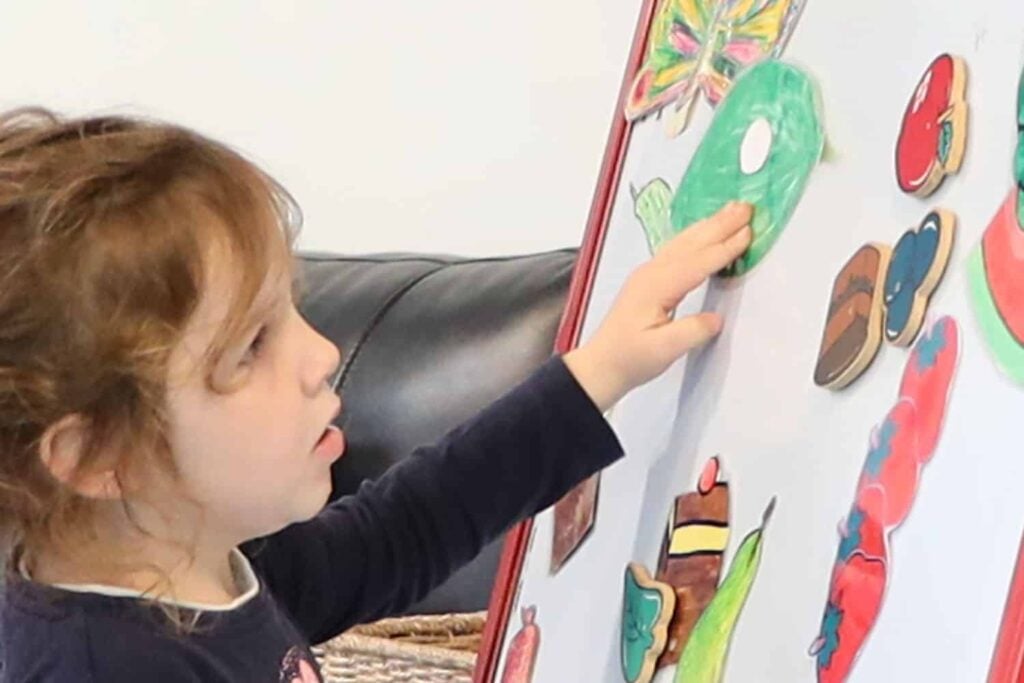Tēnā koutou katoa
Welcome to the Office of Early Childhood Education
The OECE is a national organisation for the ECE sector and public adviser, championing high-quality education and care for every child
View our positions
- Provides membership support to ECE services, teachers, researchers, and community partners
- Actively contributes to sector analysis, research, and policy development
- Advances evidence-based best practices that prioritise children’s interests and wellbeing
View the Code of Conduct for ECE Services
Get Unrestricted Access to NZ’s Specialist ECE NEWSROOM
National and local stories, expert analysis, commentary, and more.
Education Bulletin and Sector Notices
Free to sign-up and receive
Membership Services and Support for:
Teacher Member Posts
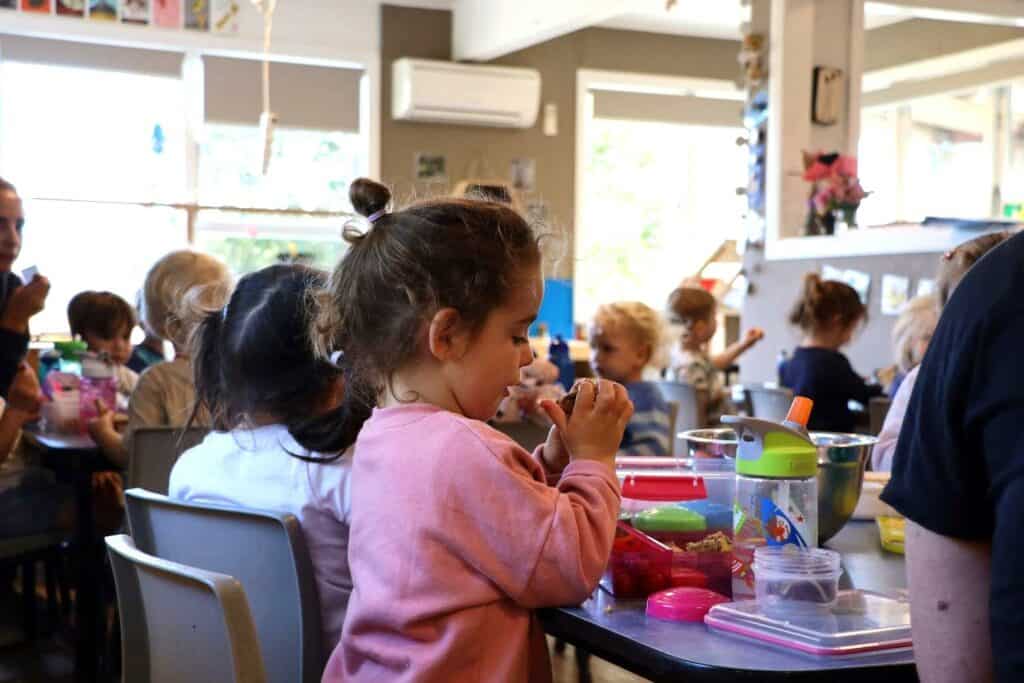
Picky Eaters and Managing Children’s Eating Habits
Picky eaters? Some children may display anxiety and unhealthy eating habits when they begin early childhood education, others may display behaviours at different times that you are wondering if these are normal, and what to say, do and change.
This article covers:
The adult’s role in providing for children’s food preferences and eating b
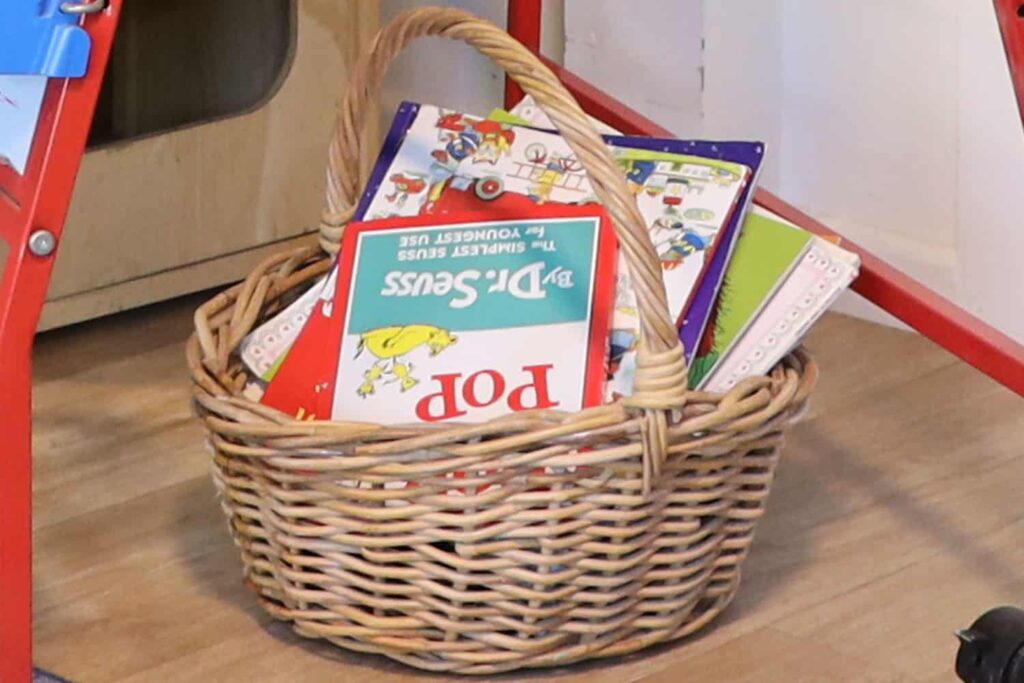
The NZ Early Childhood Literacy Handbook by Judy Hamer & Paul Adams
The NZ Early Childhood Literacy Handbook by Judy Hamer & Paul Adams.
Hamer and Adams have skilfully weaved the latest research and theory with the current political and social context to present proposals for best literacy practices and a huge range of practical literacy based ideas.
The NZ Early Childhood Literacy Handbook is recom

Earthquake Drills
Earthquake Drills and the Turtle Drop – Reflections and Discussion about what is Best Practice. By Warwick Marshall
A big earthquake shakes while you’re in the kitchen at your house. What do you do?
Of course you throw yourself to the floor and drop like a turtle. Yeah right! Adults are known to wait to see if an earthquake
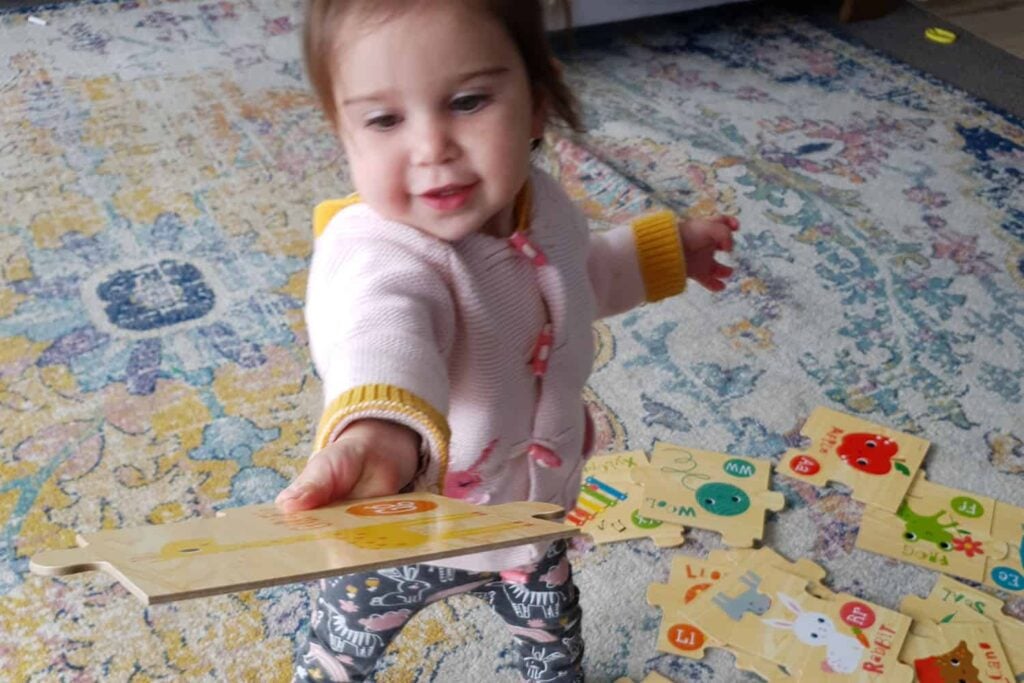
Non-Contact Time Needs and Your Entitlement
Early Childhood Teacher Non-Contact Time.
At centres and home-based services, teachers or educators have a wide range of responsibilities in their roles and finding time to do everything can especially be a challenge depending on things like the number of other teachers, how many hours your service operates and the demands/ needs of caring of
Service Provider Member Posts

Successful Networking
Networking in Early Childhood Education.
Ever felt nervous getting in touch with someone in an important position, or in a room full of people knowing that you are unable to say anything or not knowing what to say?
Successful networking is an essential key to getting ahead and staying ahead.
This article covers:
what networking ispr

Annual Holiday Leave Use
Unused holiday leave. We have a teacher who chose to take carry over her leave from last year to this year. Does she need to use up all of this leave before the end of the year or can she roll it over to next year? We would prefer she take the time this year before Christmas.Service provider.
All employees: part time, full time, fixed

Getting Men to Apply for Your Staff Vacancy
Male job applicants.
We are advertising for a teacher and have received some quality applications so far, but no applications from males. We would love to have a male applicant or two – any ideas of how we could achieve this?Service provider
Dr Alexander replies:
Finding male staff can be difficult because there are disproportionat

Job Description for an Area Manager
Below is a template you can use and adapt for a job description for an area manager position (for centres and/or for home-based licensed services).
If you would like more guidance and ideas go to the main article about writing JDs.
Service name or Logo
Position description
POSITION/ROLE:
E.g. Area Manager/Regional Manager
PO
Research Library – Today’s Featured Articles

Making Inclusion Happen in Early Childhood Settings
Research on family and whānau and teacher perspectives and practices of inclusion in early childhood education settings in Aotearoa NZ. Read the full paper below. Or to order a pdf copy of the article go to the main NZIRECE Journal page.

Talking with Children in Prams and Supermarket Trolleys While Shopping
Abstract:
Children’s language development is influenced by the amount and quality of interactions that they are immersed in. This study investigated the parent-child interactions that occur when parents accompany young children in prams while moving between shops. Overall, minimal levels of interaction were observed between p

Mapping Policies and Pathways in Early Childhood Education: A Note from Aotearoa New Zealand
Mapping Policies and Pathways in Early Childhood Education: A Note from Aotearoa New Zealand.
Andrew Gibbons and Sandy Farquhar. Auckland University of Technology and University of Auckland.
Full reference: Gibbon, A., & Farquhar S. (2014). Mapping policies and pathways in early childhood education: A note from Aotearoa New Zealand. N
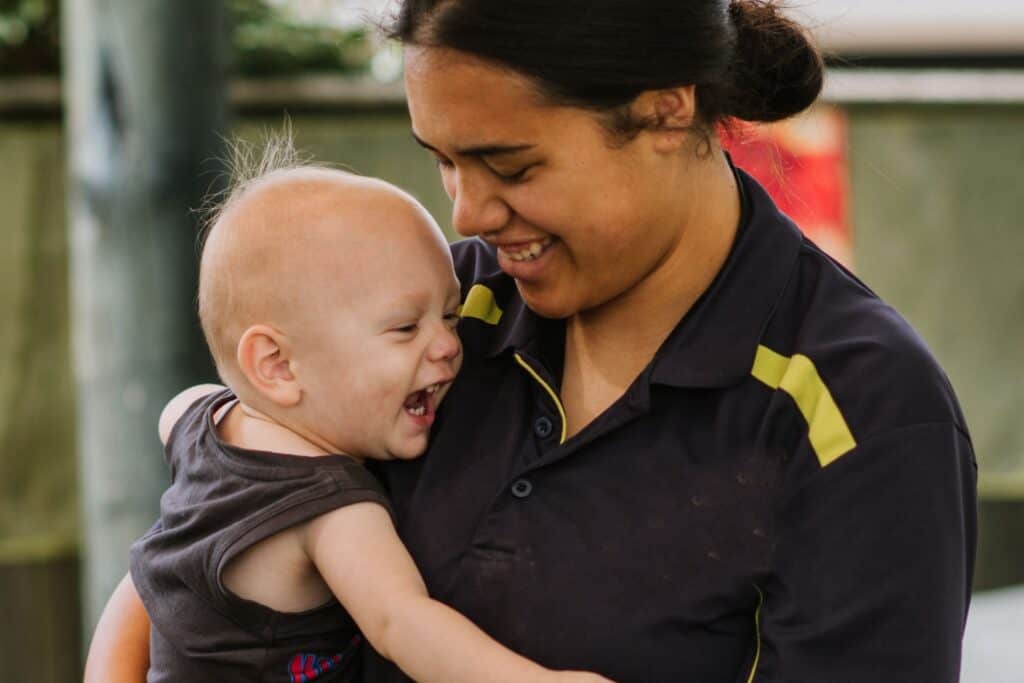
Decolonising early childhood education: An Indigenous Fijian perspective
Indigenous Fijian values and aspirations for Indigenous Fijian children’s early childhood education and how ECE can contribute to the broader decolonisation of education. Login to view the full article. Or you can order a pdf copy of the article, go to the main NZIRECE Journal page.
What We Do
Resources


